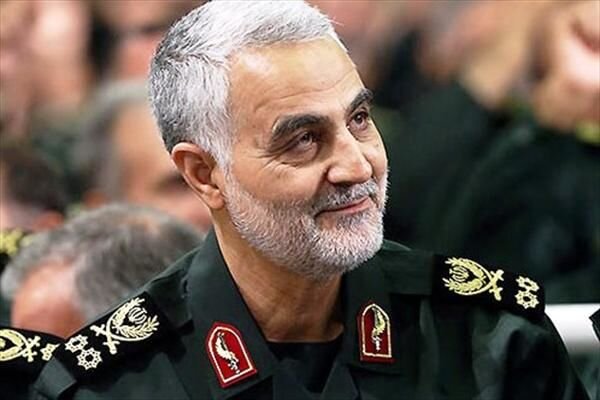The year 2020 began with shocking news: Qassem Soleimani, a top Iranian military general, was assassinated by a direct order of the U.S. president. The news became the headline of the majority of news outlets in the shortest time. Consequently, the New Year has commenced with the highest level of tension between Iran and U.S. never seen since the 1979 Islamic Revolution.
From that event till now, a significant number of top Iranian military and political officials have threatened a hard-revenge as a self-defense action. On the contrary, Donald Trump uttered if Iran shows a military reaction, the U.S. will attack 52 locations, including the cultural targets.
Nevertheless, apart from political considerations, under international treaties as well as the customary international law, attack against historical monuments is considered a serious violation of law and customs applicable in armed conflicts and deemed as a war crime.
However, will international organizations be capable of prosecuting a superpower?
The International Criminal Court (ICC) was established in 1998 with the signature of many countries to end impunity. They stressed: “Most serious crimes of concern to the international community as a whole must not go unpunished.”
While 123 nations are party to Statute of the ICC, the status of the U.S. in this international document is confusing. On the one hand, because of disputes between the successive U.S. administrations, this country is not a party to the Statute. On the other, according to Article 13, (b) of Statute, the UN Security Council can refer a situation to the ICC via an exclusive power. Surprisingly, under Article 16, the Security Council can prevent referring a case to the ICC as well. In other words, due to veto authority, an international prosecution of the U.S. will be impossible.
For example, in September 2018, White House National Security Adviser John Bolton threatened to arrest and sanction judges and other officials of the ICC if it moves to charge any American who served in Afghanistan with war crimes. He said the U.S. was prepared to slap financial sanctions and criminal charges on officials of the court if they proceed against any Americans.
In brief, the approach of the U.S. government to international prosecution is hypocritical. For example, the approach of the U.S. in the case of foreign situations like Darfur and Libya is quite different. In contrast, in the case of themselves, this trend is interpreted as a threat against the U.S. national security and consequently leads international criminals go unpunished.


No comments:
Post a Comment